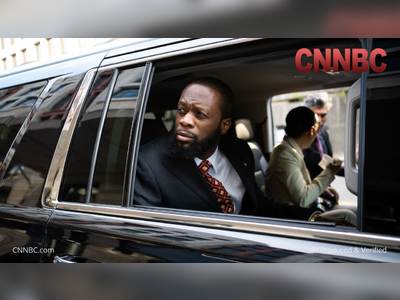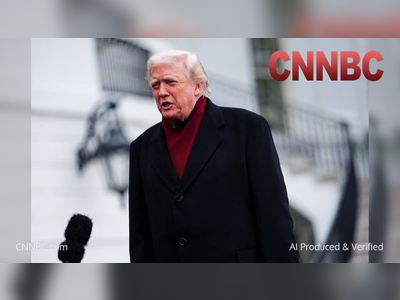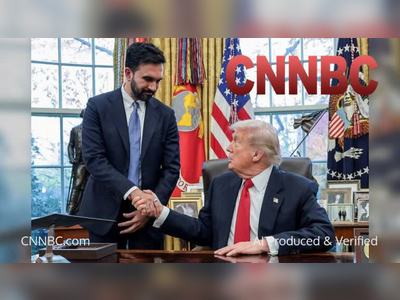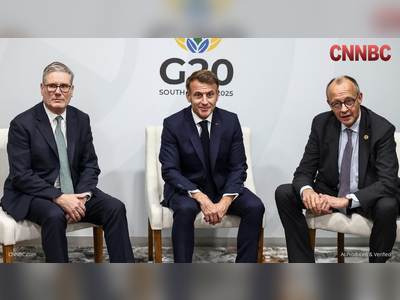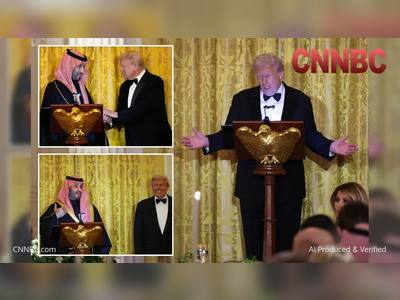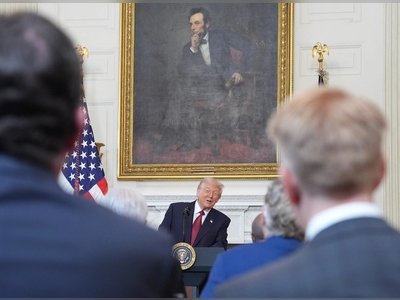WhatsApp’s Unexpected Rise Reshapes American Messaging Habits
Once seen as an app for immigrants and international families, WhatsApp is rapidly gaining ground in the U.S. as large groups and communities shift away from iMessage.
A quiet but decisive shift is unfolding across the United States as millions of Americans adopt WhatsApp for daily communication, narrowing a gap that for years seemed immovable.
The app, long treated as a tool mainly for international families or recent immigrants, has surged past one hundred million monthly users nationwide, according to the latest industry analyses.
The change is most visible in the everyday spaces of American life: parents’ committees, church groups, neighbourhood sports teams, workplace discussions and large community networks.
The driving force behind this rapid rise is the platform’s capacity for large-scale group communication.
While iMessage traditionally supported far smaller group sizes, WhatsApp enables up to one thousand and twenty-four participants in a single conversation, making it far more suitable for the expanding digital communities that now shape school life, neighbourhood activities and professional coordination.
For many users who once considered themselves loyal to Apple’s messaging ecosystem, the transition began when group conversations grew too chaotic or restrictive on iMessage, prompting a collective shift to WhatsApp that quickly became permanent.
Americans increasingly describe their digital lives as split between close friends on iMessage and broader social circles on WhatsApp.
Features designed for high-volume interaction — fast search across dense chat histories, threaded community structures, administrative announcement channels and intuitive emoji reactions — have helped solidify the platform’s new role.
Support for iPad and Apple Watch, introduced in the past year, has further integrated WhatsApp into daily routines of users who rely heavily on Apple hardware.
The shift is notable given Apple’s traditionally dominant position in the U.S., where more than half of smartphones are iPhones and default services such as iMessage and FaceTime have shaped communication norms for over a decade.
For years, WhatsApp’s American user base consisted largely of immigrants from Latin America, Asia and Africa, alongside international students and professionals working across borders.
Today the app’s expansion reaches far beyond those groups, reflecting a broader cultural adoption rather than a niche demographic pattern.
The trend also carries economic implications.
WhatsApp Business, already used by hundreds of millions of enterprises worldwide, is positioned to become a customer-service and sales channel in the U.S. as more individuals grow accustomed to conducting group and community activity through the platform.
Analysts note that the same shift seen globally — from casual messaging to commerce — may emerge domestically as American users become more comfortable with WhatsApp as an everyday communication tool.
Although WhatsApp remains behind iMessage and Messenger in sheer nationwide dominance, its presence in the U.S. is stronger and more culturally embedded than ever before.
For young users, multilingual families, professionals working internationally and communities that rely on large groups, the boundary between Apple’s blue-bubble messaging culture and WhatsApp’s green-icon world is becoming less defined with every passing month.
The app, long treated as a tool mainly for international families or recent immigrants, has surged past one hundred million monthly users nationwide, according to the latest industry analyses.
The change is most visible in the everyday spaces of American life: parents’ committees, church groups, neighbourhood sports teams, workplace discussions and large community networks.
The driving force behind this rapid rise is the platform’s capacity for large-scale group communication.
While iMessage traditionally supported far smaller group sizes, WhatsApp enables up to one thousand and twenty-four participants in a single conversation, making it far more suitable for the expanding digital communities that now shape school life, neighbourhood activities and professional coordination.
For many users who once considered themselves loyal to Apple’s messaging ecosystem, the transition began when group conversations grew too chaotic or restrictive on iMessage, prompting a collective shift to WhatsApp that quickly became permanent.
Americans increasingly describe their digital lives as split between close friends on iMessage and broader social circles on WhatsApp.
Features designed for high-volume interaction — fast search across dense chat histories, threaded community structures, administrative announcement channels and intuitive emoji reactions — have helped solidify the platform’s new role.
Support for iPad and Apple Watch, introduced in the past year, has further integrated WhatsApp into daily routines of users who rely heavily on Apple hardware.
The shift is notable given Apple’s traditionally dominant position in the U.S., where more than half of smartphones are iPhones and default services such as iMessage and FaceTime have shaped communication norms for over a decade.
For years, WhatsApp’s American user base consisted largely of immigrants from Latin America, Asia and Africa, alongside international students and professionals working across borders.
Today the app’s expansion reaches far beyond those groups, reflecting a broader cultural adoption rather than a niche demographic pattern.
The trend also carries economic implications.
WhatsApp Business, already used by hundreds of millions of enterprises worldwide, is positioned to become a customer-service and sales channel in the U.S. as more individuals grow accustomed to conducting group and community activity through the platform.
Analysts note that the same shift seen globally — from casual messaging to commerce — may emerge domestically as American users become more comfortable with WhatsApp as an everyday communication tool.
Although WhatsApp remains behind iMessage and Messenger in sheer nationwide dominance, its presence in the U.S. is stronger and more culturally embedded than ever before.
For young users, multilingual families, professionals working internationally and communities that rely on large groups, the boundary between Apple’s blue-bubble messaging culture and WhatsApp’s green-icon world is becoming less defined with every passing month.

